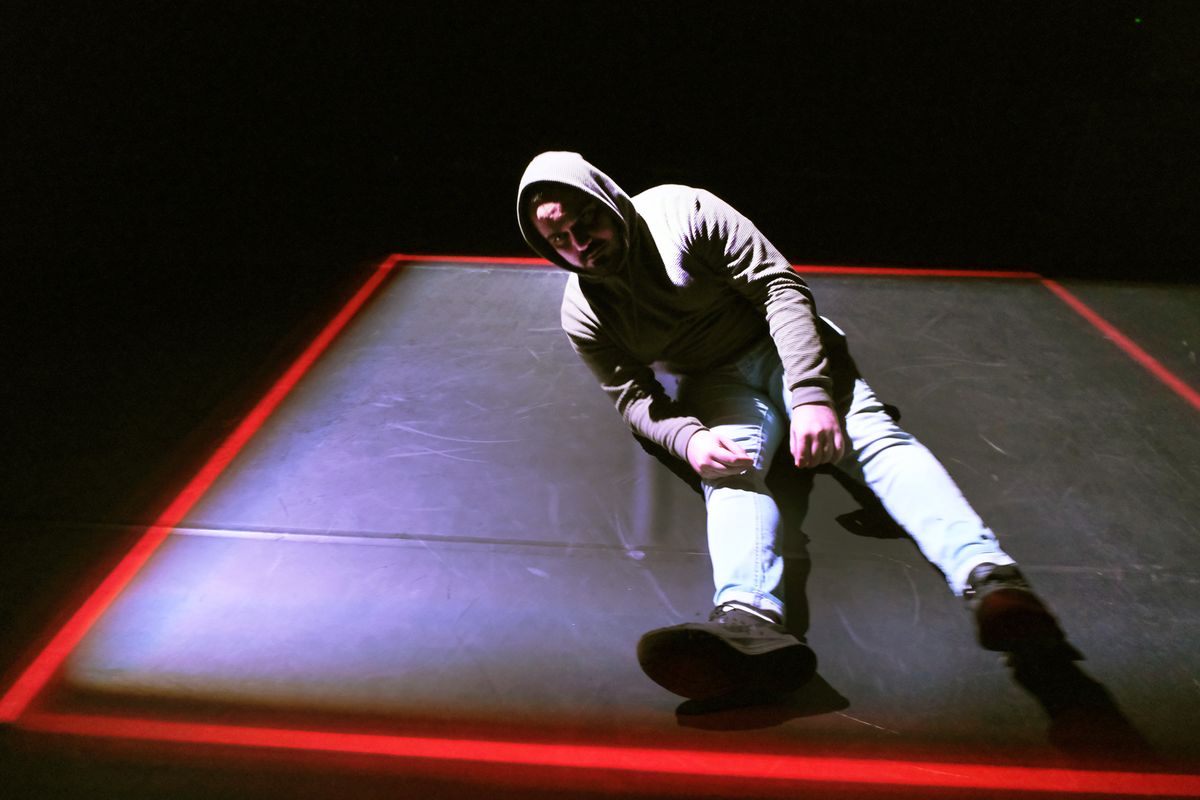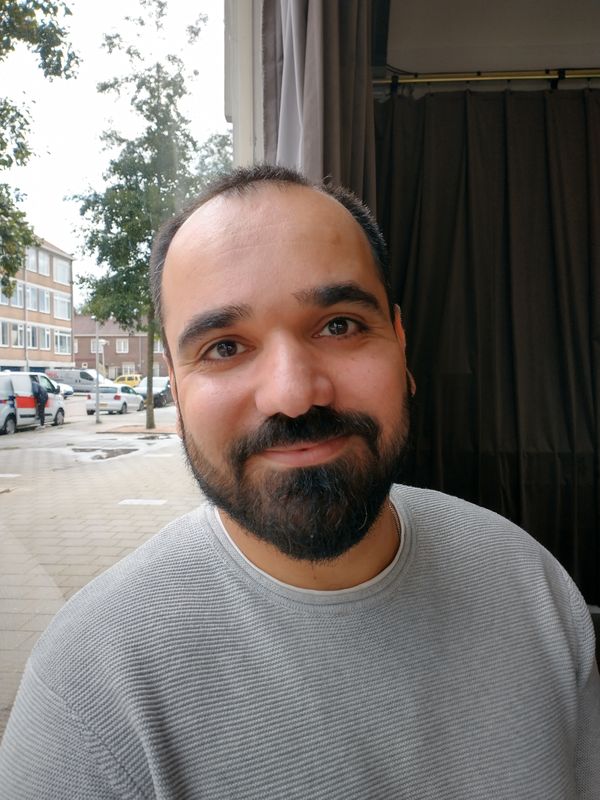
Five Nights
-
za 22 okt ’2217:00Theater van Deyssel, AmsterdamLodewijk van Deysselstraat 91
About Akram Assam
Akram Assam studied art in Baghdad and worked for eight years as theatre director at the National Theatre. Being interested in different theatrical aesthetics he studied at the Academie der Künste in Berlin, and moved to Amsterdam for the masters program at DAS Theatre / Academy of Theatre and Dance which he graduated from in 2020. For his work he collects stories and memories, including different perspectives and translating them in a multidisciplinary narrative on war, conflict and migration.
Akram Assam is interested in the effects of war and violence on people, as well as their impact on society. In his work, he collects memories of people who have personally experienced this. Having known war and violence himself, Akram Assam is able to translate their stories into dance, video, light design and performance, to raise awareness among those who live in the ‘safe zones’ - the places on earth without war and violence - of their fortunate position. He wants them to understand what it is like to live in the ‘red zones’: not as presented by the media, but as it is dealt with by people.




